The Contradiction between History and Memory
Thanks to Weibo for publishing this article
Link: https://paratext.hk/?p=3890
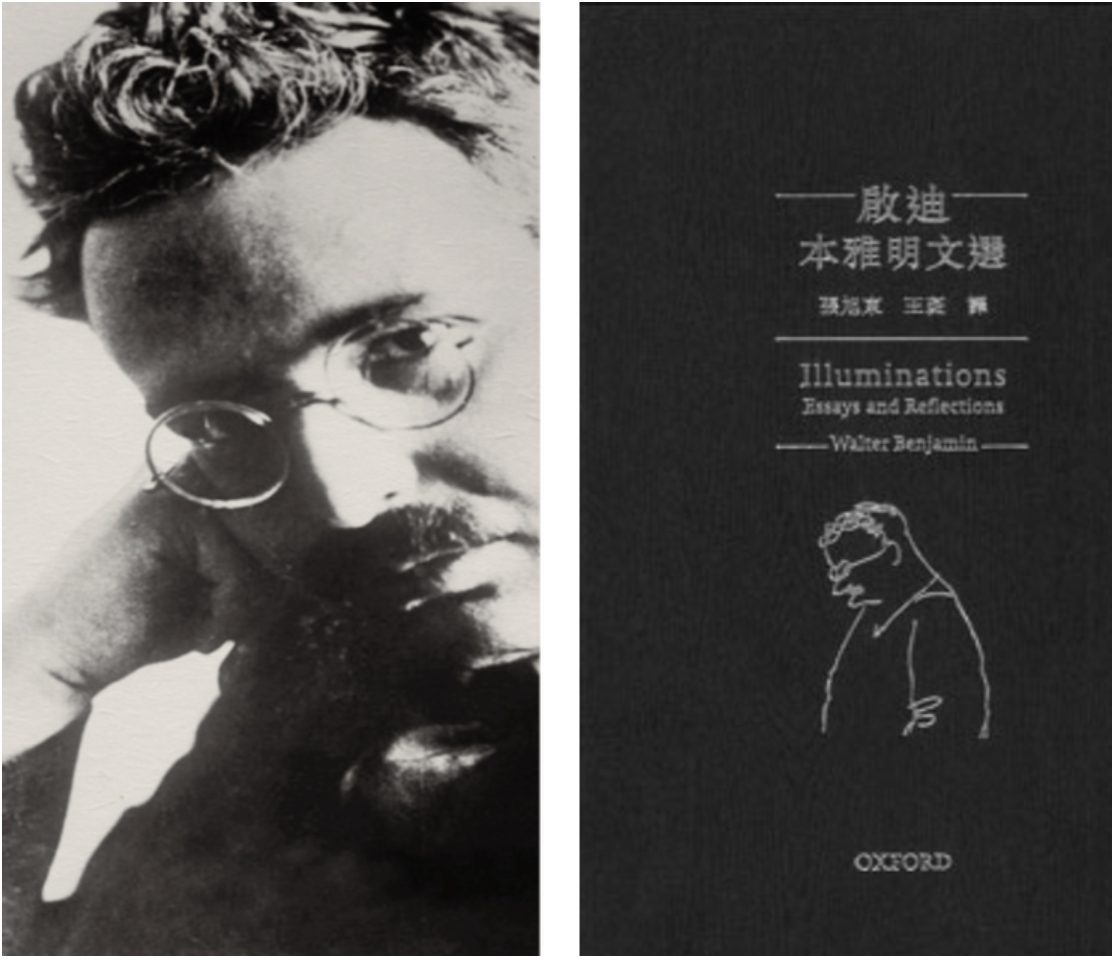
When I was in high school, I often met many students who didn't like history. Although there are many of these people, the reasons why they hate the subject of history are mostly the same. First, when they come into contact with history, they often come up with this feeling: Why should they read something that has nothing to do with me? Second, they hate having to memorize a bunch of events, names, and dates.
"Theses on the Philosophy of History" was written in early 1940, when Benjamin died, and was probably the last article he wrote during his lifetime. In it, he keeps attacking a view of history that regards the past as a homogeneous, continuous and non-existent rupture, and believes that time is empty in it, just a pile of various events, without their real meaning. This empty, homogenous time is, honestly, a lot like the history class that my classmates hated. In this kind of history class, we are asked to keep reciting various pasts, but we rarely think about how these pasts are related to us, or how these pasts are related to our present and present situation. As if the past is the past and the present is the present.
"History is the subject of a structure, but this structure does not exist in an identical, empty time, but in a time filled with the existence of this moment."
This is why Benjamin attacks this view of history, because for him history has never been a record, but a representation, understanding and interpretation of relationships. And this relationship is always the penetration of the present into the past, or the penetration of the past into the present. He mentioned in the article that real historians do not record different events chronologically like a dry chronicler, on the contrary such historians - which he calls historical materialism - they are describe the past,
"It's not about portraying it as it is, it's about capturing a memory."
How can the past be a memory to me if I am not someone who has lived in the past? What is the relationship between history and memory?
In this regard, French writer Patrick Modiano’s 1978 novel Rue des boutiques obscures (Rue des boutiques obscures) offers us a nuanced insight into the issue. In this novel, the protagonist is a man who has lost his memory. In order to retrieve his past, he searches for clues everywhere and visits people who may have known him before. But the paradox is that the memory he wants to retrieve is the last piece of history French people want to talk about, that is, the period when France was occupied by the Germans in World War II. Therefore, almost everyone he met didn't want to talk about their past, and even wanted to forget these things, and directly threw him a lot of past photos and documents, and didn't want to see them again. As a result, his searches are often futile or based on very fragmented clues.
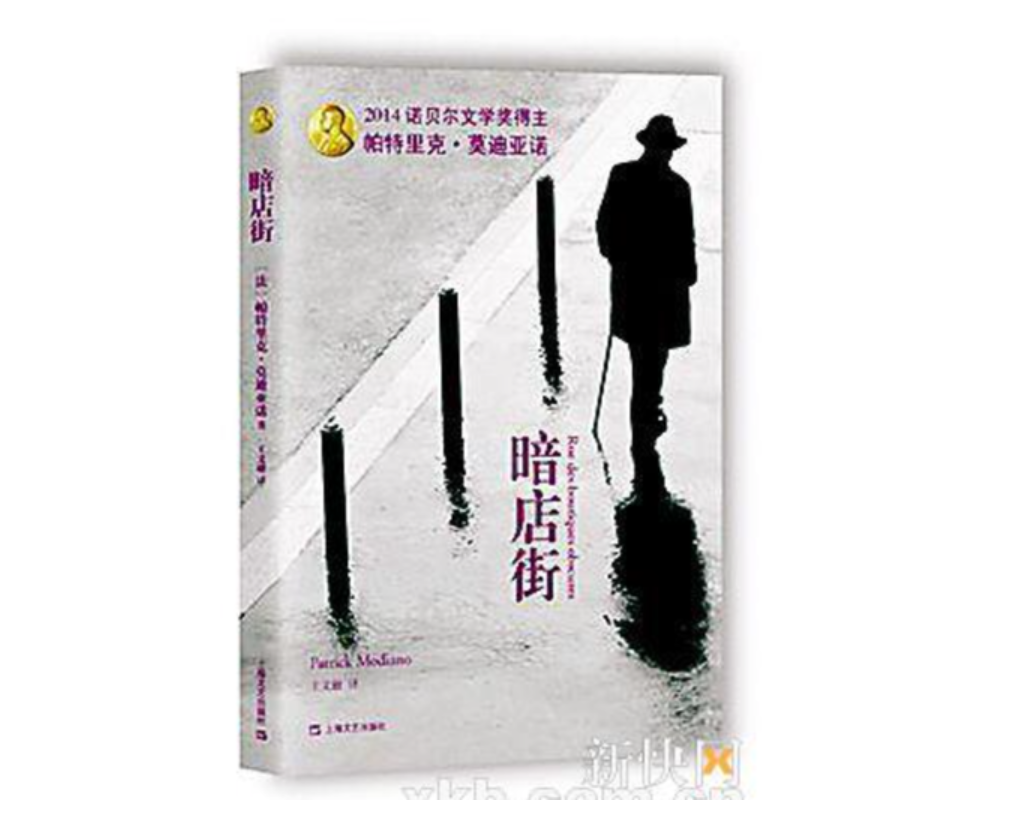
In the book, he often thinks that he is a certain character mentioned by the visitors, and "awakens" many vivid "memory", and then firmly believes that he is indeed "who" in someone's mouth, and is very happy to finally find "me", But in the next investigation, he immediately faced setbacks. According to new evidence again and again, he found that he was not the person he thought he was, and the "memories" he had produced before were not his own memories.
We see in the book an interesting contradiction between history and memory: in it, a person who has lost his memory tries to be any historical figure; but a person with history wants to be any person who has lost his memory. people. When the novel comes to the end, although we readers, like the protagonist, still cannot be sure what the protagonist’s true past is, but through the “memories” and narratives that have been awakened, overlapped, and lined up by thinking that we are various people along the way, we are still It seems to be more aware of a forgotten history in France.
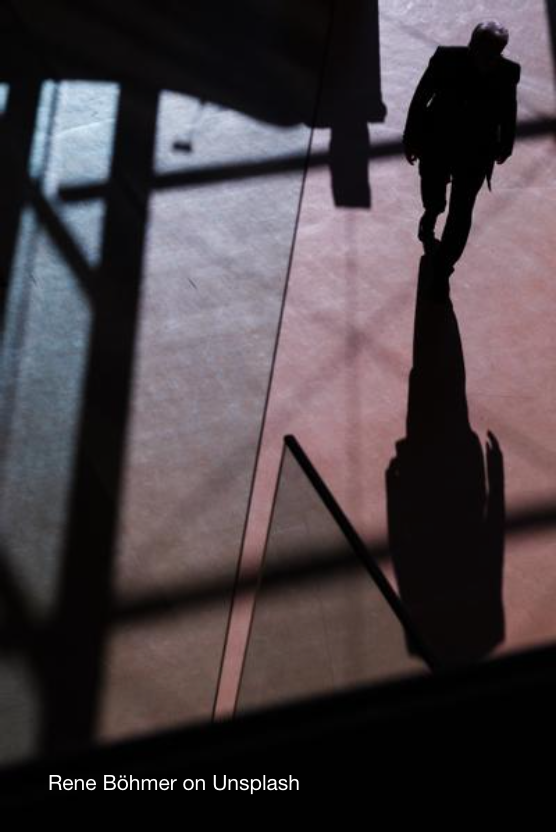
Guy Roland, the protagonist in the novel "Dark Shop Street", is actually very much like what Benjamin called a historical materialist. When he plays a detective who travels through documents, photos, and the words of survivors in search of his past, he is not like a typical historical researcher who wants to collect a lot of information to build a complete and detailed history The database, but has been looking for, exploring, and imagining what kind of relationship you may have with these things. At the same time, the vivid "memory" that he kept awakening during his quest, just like what Benjamin called "memory", is not a stored and reproduced fragment from the life we have experienced, but It is more like the "memory" in "Theses on the Philosophy of History" that is not one's own memory because of the "desire to grasp the images of the past".
"To capture a memory", in "Theses on the Philosophy of History" also means that the task of historical materialism is not simply to record the past, but to awaken and restore people's sense of living in a certain period by going deep into a fragmented moment , experience, like a deep impression passed on to the people of the present, so that the past time has a new meaning in the present.
Another goal of the "Theses on the Philosophy of History" is to analyze and criticize the phenomenon of the rise of the Nazis. He referred to the rise of the Nazis as a complicity with what people believed to be "progress" and a linear view of history. This kind of historicism does not provide people with the experience and memory of what may have existed in the past, but produces a given and "eternal" image for the "past" to consolidate the present regime, control the present and maintain the given relationship and understanding of the past. Just like in World War II, the Nazi officer Joachim. Joachim Peiper said:
"History is often written by the victors, but the truth is known only by those who have experienced it."
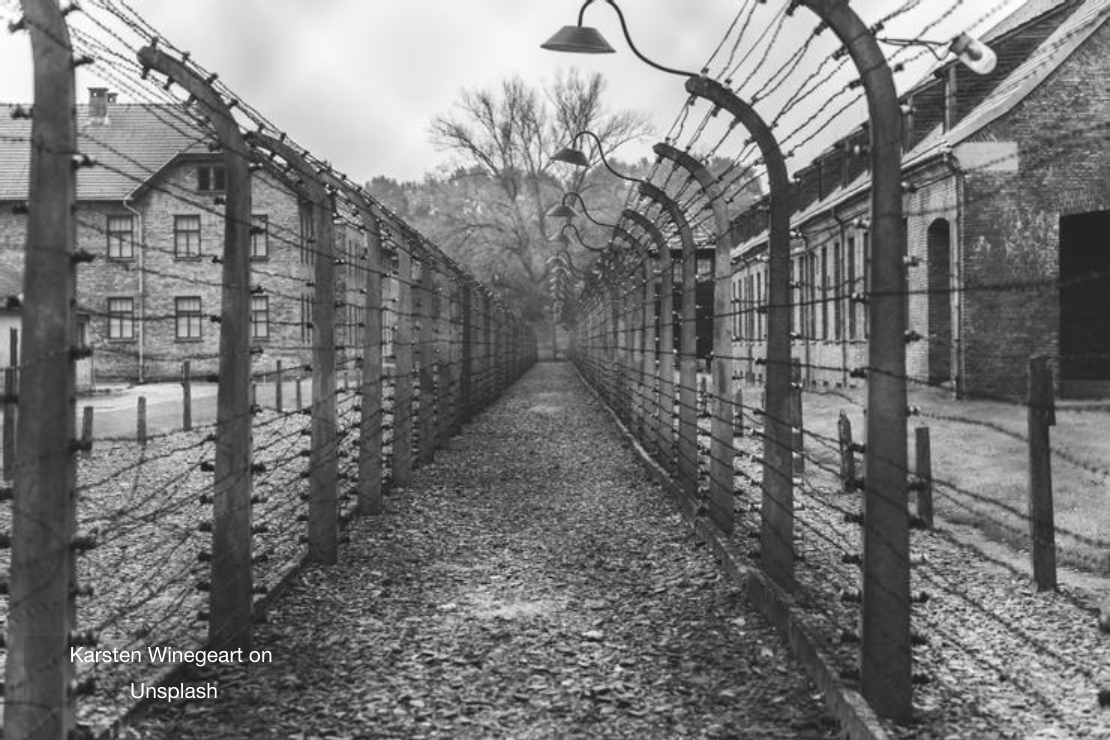
The task of the historical materialist is to find a way to find cracks in the continuity of history, "in order to separate a particular epoch from a homogeneous historical process, a particular work of a lifetime." It seems to have redeemed a different, special but neglected and oppressed past in a piece of history, and then rewrote people's experience and feelings about a piece of history, and since then there are new imaginations and new debates about the future.
The redemption of the past is therefore a revolutionary action to rediscover, retrieve, and give experience and perception a relationship that once existed but has now disappeared. And it is only through a re-understanding of the past and its images that one can escape the control of the history written by the victors, because the latter often appeals to images of a better and progressive future, inciting the people of the present to serve themselves , don't stare at the ruins and wreckage of the past, but focus on the seemingly beautiful future, thinking that everything will become more and more "progress" and "perfect".
This effect, and the belief in the "view of history", is a "progressive violence". Interpreting Paul in Benjamin. In the passages of Paul Klee's painting "Angelus Novus", it is profoundly expressed. Here, Benjamin describes the angels in the painting looking at the destroyed past, looking at their corpses, the wreckage of time, trying to wake them up, repair them, and restore the broken time and the world to their full appearance. . But a storm kept beating against his wings, frantically blowing him to the other side called the future, and this storm, Benjamin said, was called "progress."
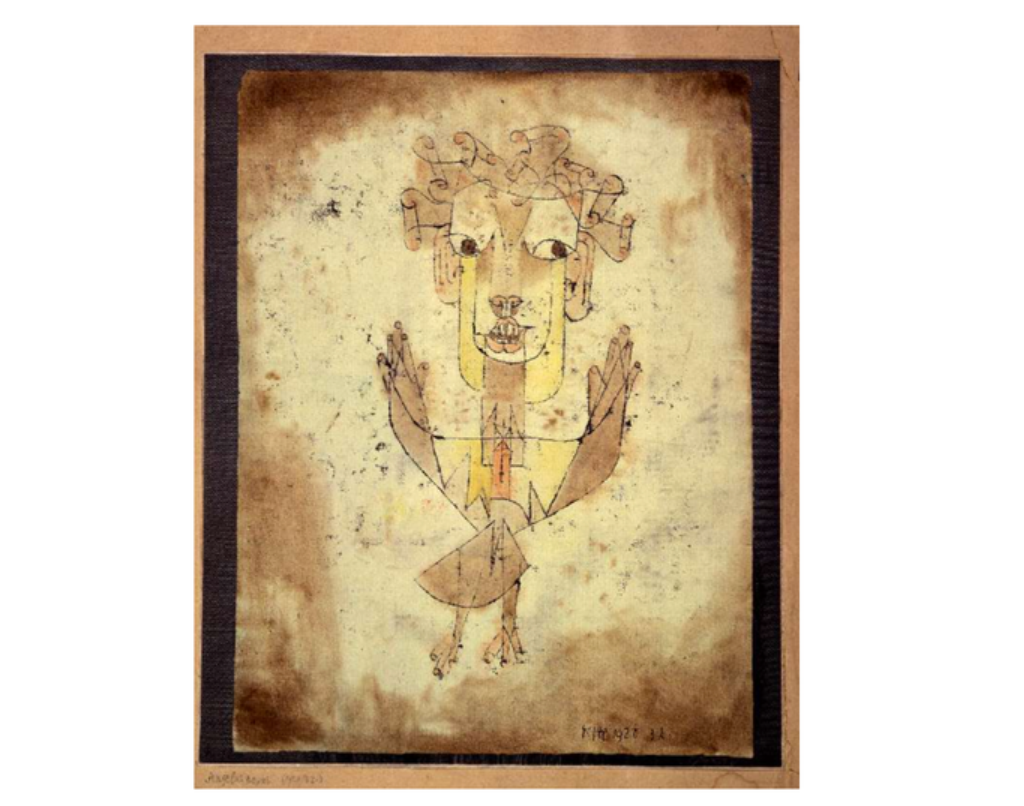
The purpose of "progress" is not to make people face the future, but to let people ignore the broken past. This may also be what Benjamin is most worried about, and let him write "Theses on the Philosophy of History" to warn future generations not to ignore the past. Because if we want to create new relationships and progress in the future, we can only look back and mend the fragments and wreckage of the past. It is also like in the movie "The Act of Killing", only by re-reporting these pasts to those in power who were the perpetrators and interpreting and reproducing the Indonesian massacre can the current relationship between people be reborn. , and hope for a new political inversion. In the same way, the author of the novel "Dark Shop Street" also wrote in the book:
"It's not the future that matters, it's the past."
FB Fan: https://pse.is/TCBRA
IG account: https://www.instagram.com/bungoussteins/
Further reading:
Like my work? Don't forget to support and clap, let me know that you are with me on the road of creation. Keep this enthusiasm together!





- Author
- More